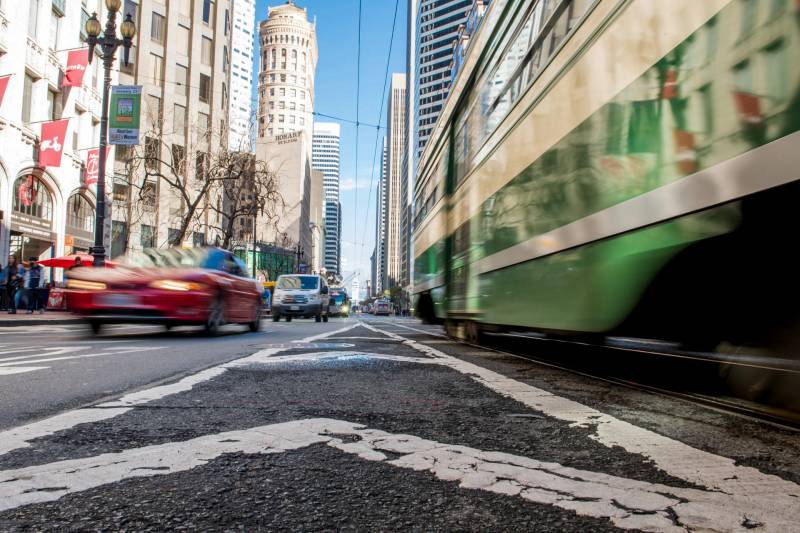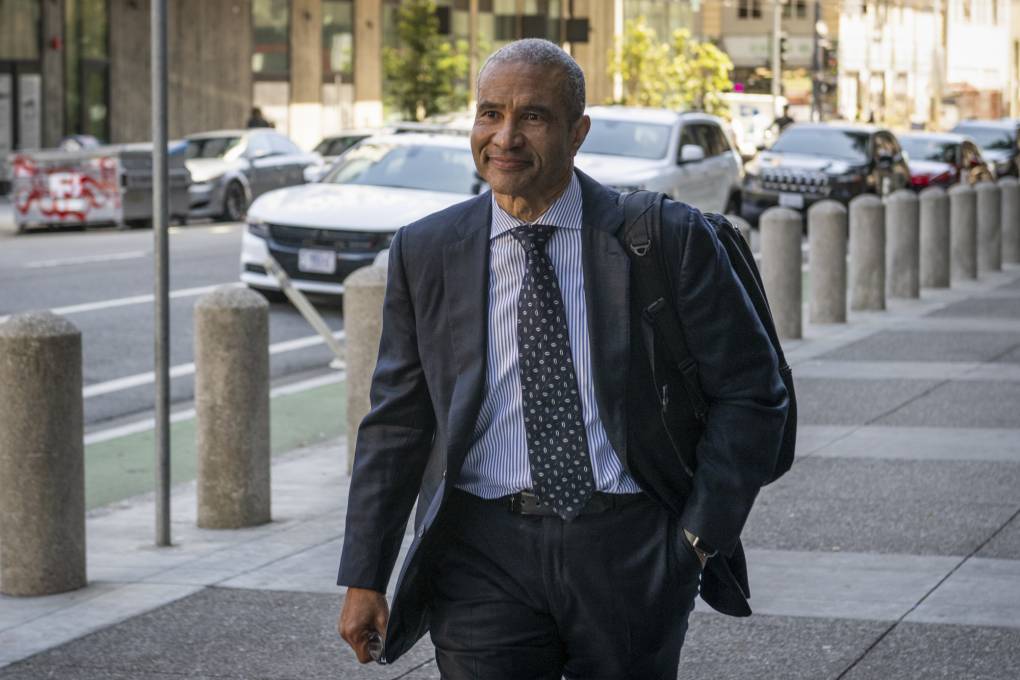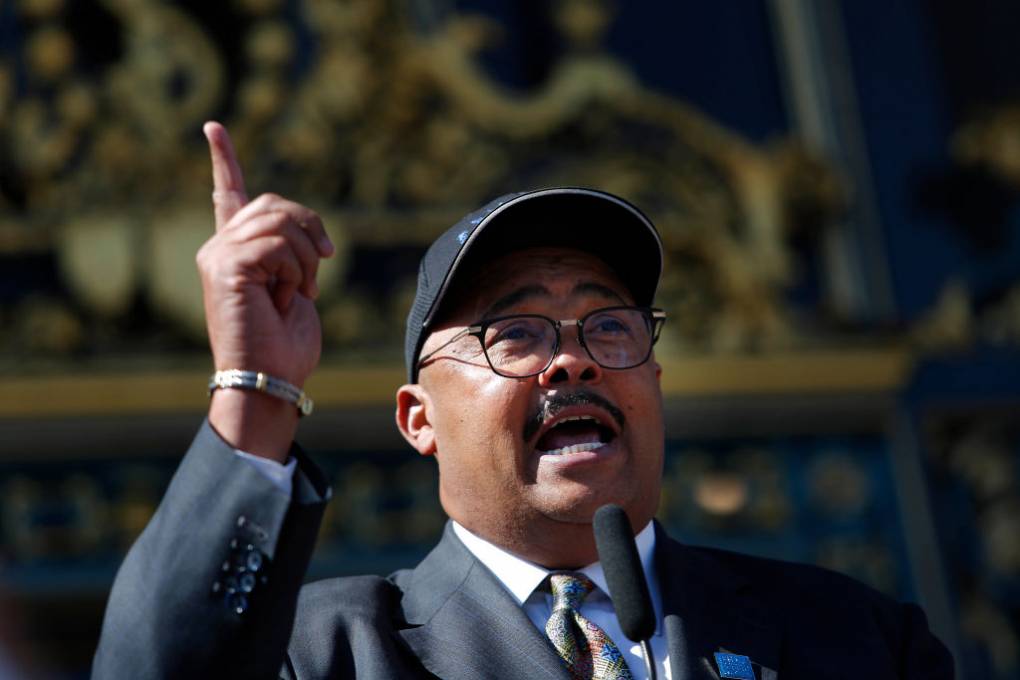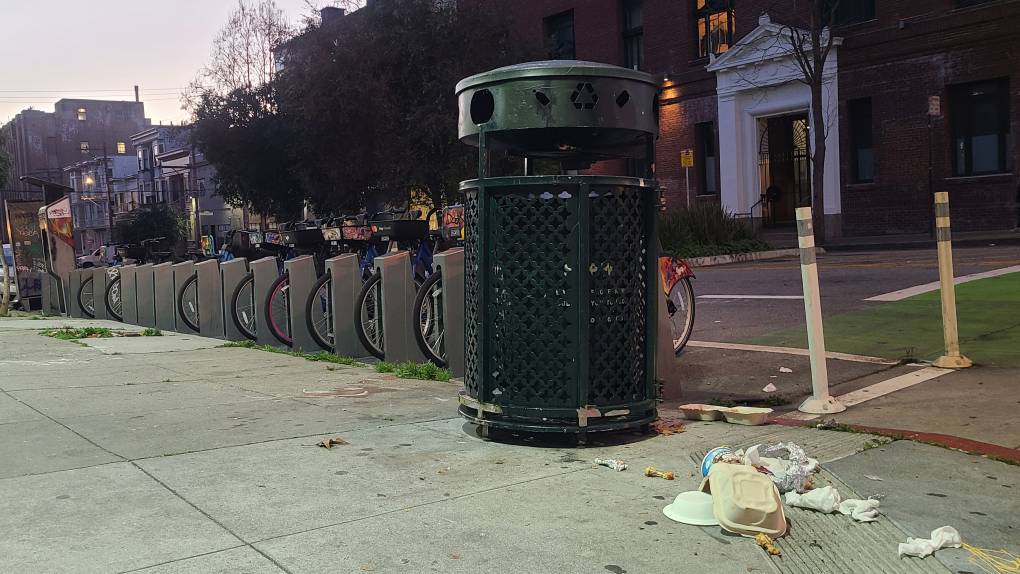When the transportation agency embarks on an ambitious street project, such as its plan to transform Market Street, it turns to Public Works to make it happen.
When one of the health department's clinics needs repairs, Public Works will make preparations and either perform the work itself or oversee a contractor.
When the city's Department of Homelessness and Supportive Housing begins work on a new navigation center for unhoused residents, Public Works builds the facility.
When San Francisco's City Attorney's Office sought to crack down on defiant rental scooter companies, Public Works crews were sent out to impound e-scooters they found parked illegally.
And beyond projects like that, Public Works is involved in many other activities that directly or indirectly impact everyone who lives, works in or visits the city. The agency is responsible for cleaning the streets, keeping sidewalks and pavement in good condition, and maintaining the city's 125,000 street trees.
One of the department's other activities: operating the Pit Stop street toilets, a program that figures in the federal charges against Nuru that were disclosed Tuesday. The criminal complaint alleges Nuru shared inside information on a city contract for the portable toilets with restaurateur Nick Bovis, who had developed a Painted Lady-themed restroom structure.
Projects like that amount to a small line item for Public Works. The department has a fiscal 2019-20 budget of $501 million and about 1,670 employees. That ranks well behind both the Department of Public Health — which has a $2.4 billion budget and nearly 7,000 employees — and the Municipal Transportation Agency with its $1.3 billion budget and about 6,000 workers.
About $115 million of the budget and nearly 600 workers are devoted to capital projects — for instance, the city's intensive "quick build" effort to put up new signage and create new bus and bike lanes for "car-free Market Street."
That capital budget showcases Public Works' reach into the core business of the city's other agencies.
The Market Street initiative, mandated by the SFMTA, is just the first step in a complete makeover of the city's showcase thoroughfare. Public Works will be at the center of the $600 million project, which involves redesigned sidewalks, protected bicycle lanes, new dedicated bus lanes and transit loading zones, new streetcar tracks, revamped electrical systems for Muni vehicles, replacement of traffic signals and even new sewers and water lines.



